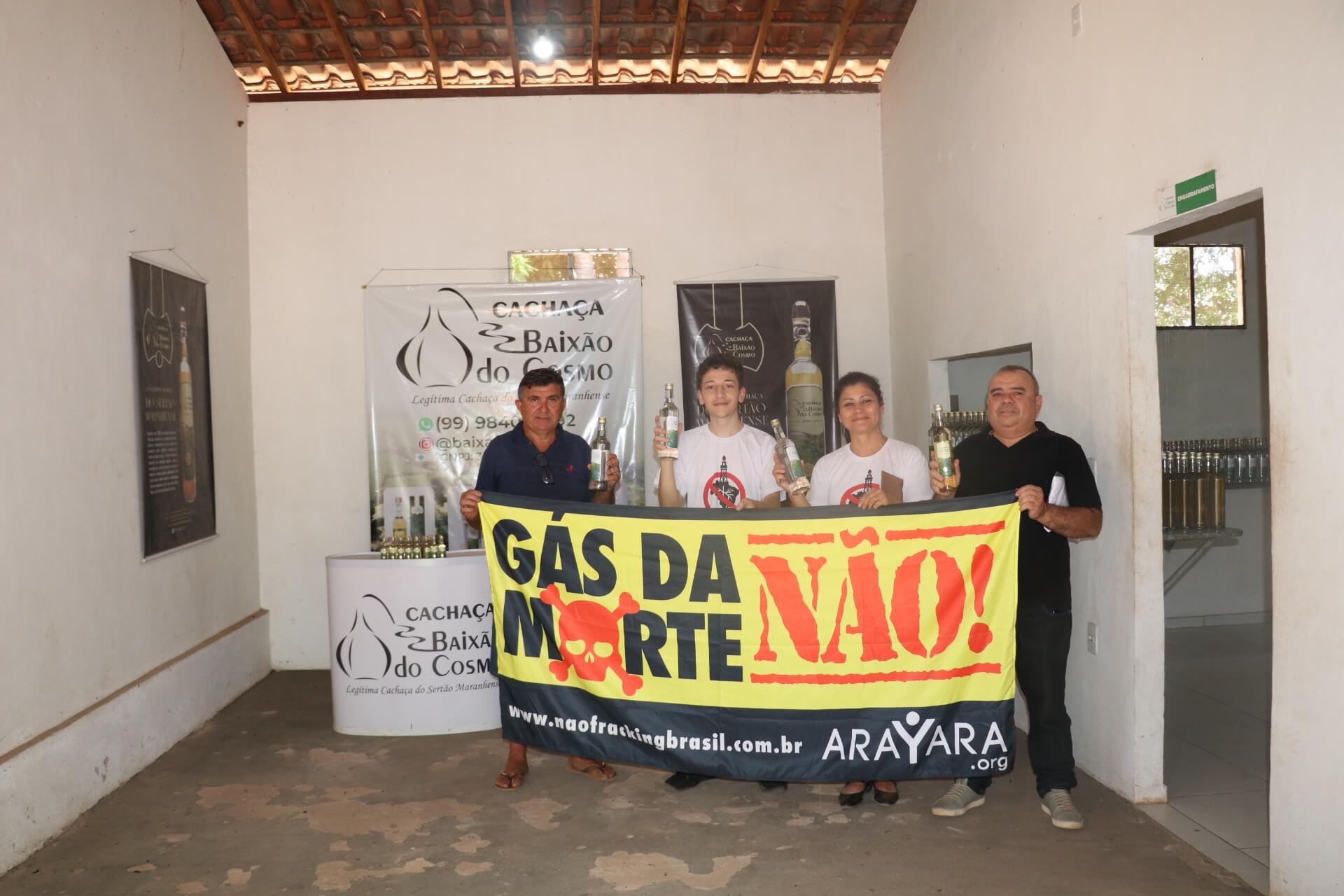Excessive water consumption by the method and soil contamination are among the causes
What is fracking?
Fracking – also called hydraulic fracturing – is a process that involves injecting large volumes of water, chemicals and sand at high pressure into underground rock layers to release trapped natural gas. Despite being a technique already used in several countries, it is controversial because it causes environmental and ecological damage, including contamination of groundwater, release of greenhouse gases, induced earthquakes, etc.
The oil industry is one of the greatest threats to the health of our planet. According to the UN, the oil sector is the main contributor to the worsening climate change. In addition, this industry depends on a resource that is the most valuable for life: water. In the case of fracking, millions of liters of potable water are used, which competes directly with other industries, agribusiness and the general population.
One of the sectors strongly affected by fracking is the production of beverages, such as cachaça and beer. Soil contamination – where barley and the grains used to produce the drink are grown – and the quality of water from aquifers are factors of great concern for production.
The team from COESUS – Coalition No Fracking Brazil for Water and Life, a campaign by the Arayara International Institute, visited, on September 13, 2022, the Baixão do Cosmo brandy factory, where they could observe all the cachaça production and talk to the owner about the impacts that fracking could generate in his sector. The group highlighted to the owner of the Baixão do Cosmo brandy factory the risks that fracking represents for his business and also for the environment.
Soil and groundwater contamination can compromise the quality of the inputs used in the manufacture of the drink, directly affecting the taste and safety of the final product. Furthermore, the scarcity of potable water, caused by the excessive use of this resource in fracking, can impact the entire production chain.
Faced with the challenges faced by the beverage industry and other activities that depend on water as an essential resource, it is necessary to stop the shale gas exploration model and seek more sustainable alternatives that are less harmful to the environment. The preservation of water and the promotion of renewable energies are essential ways to guarantee a future for society.












